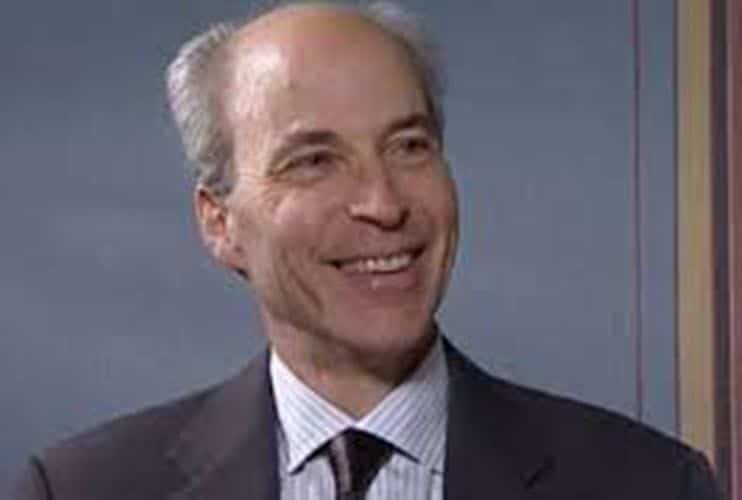The Molecular Maestro: Roger D. Kornberg’s Symphony of Science

Roger D. Kornberg is an American biochemist and professor of structural biology at Stanford University. In 2006, he was awarded the Nobel Prize in Chemistry.
Life and Career
Roger Kornberg was born on 24 April 1947, in St. Louis, Missouri, USA. He received his bachelor’s degree in chemistry from Harvard University in 1967. He then went on to pursue graduate studies at Stanford University, where he received his Ph.D. in Chemical Physics in 1972.
After completing his Ph.D., he conducted postdoctoral research at the Medical Research Council Laboratory of Molecular Biology in Cambridge, England, where he worked on the structure of the tobacco mosaic virus.
In 1976, he joined the faculty at Harvard Medical School as an assistant professor, and in 1978, he moved to Stanford University, where he has been a professor of structural biology ever since.
In the 1990s, Kornberg and his research team made significant breakthroughs in understanding the structure of RNA polymerase II, the enzyme responsible for transcribing the DNA in eukaryotic cells. They used X-ray crystallography to determine the atomic structure of RNA polymerase II, which provided new insights into how the enzyme works and how it interacts with other molecules involved in transcription.
His work has also contributed to our understanding of how transcription is regulated, including the role of transcription factors and other proteins that bind to DNA and RNA polymerase to control gene expression. His research has led to new treatments for diseases such as cancer, which can be caused by mutations in the genes involved in transcription.
Award and Legacy
In 2006, Roger Kornberg was awarded the Nobel Prize in Chemistry for his research on the structural basis of transcription, specifically for his work on the molecular structure of RNA polymerase II.
He has also received the Welch Award in Chemistry in 2005, and the National Medal of Science in 2007.
His legacy includes not only his groundbreaking research but also his mentorship of young scientists. He has trained many graduate students and postdoctoral researchers in his lab, many of whom have gone on to successful careers in academia and industry. His work has inspired and influenced countless researchers in the field of biochemistry and molecular biology, and his contributions will continue to be recognized and appreciated for years to come.
Observer Voice is the one stop site for National, International news, Sports, Editor’s Choice, Art/culture contents, Quotes and much more. We also cover historical contents. Historical contents includes World History, Indian History, and what happened today. The website also covers Entertainment across the India and World.
Follow Us on Twitter, Instagram, Facebook, & LinkedIn

